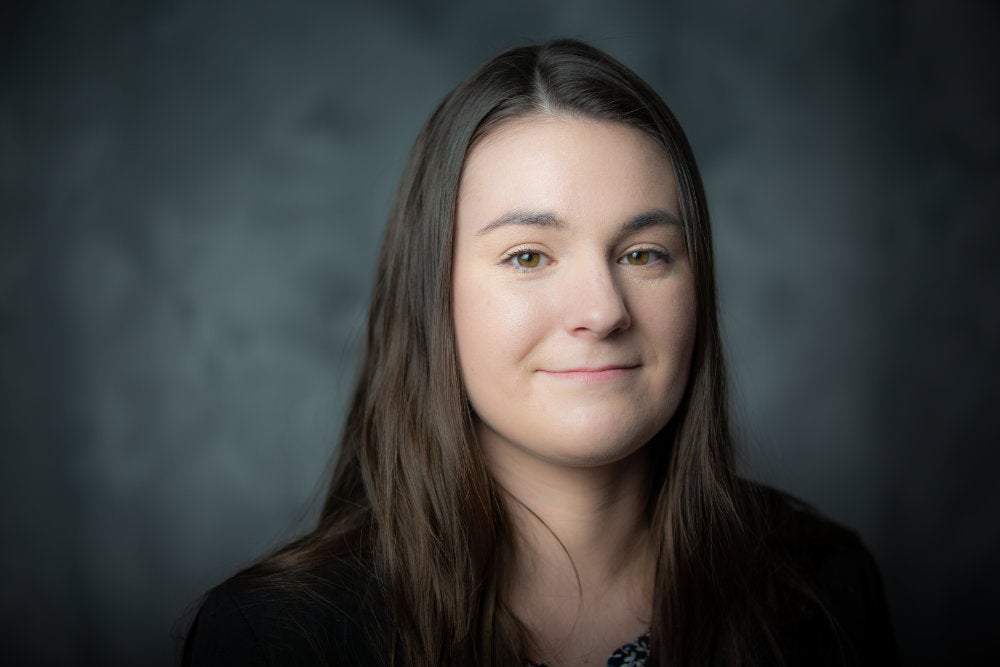
“If everyone could have the experience of going abroad, it would shape the US into a society that is more tolerant and more understanding of other cultures.”
Every year the city of Stuttgart, Germany is host to a spring festival, called ‘Wasen’ that attracts around 1.5 million people to the region.
Ali Otto, in Stuttgart on an internship through the German International Engineering Program (IEP), met up with several friends from URI for the Wasen. In the mix of people gathered around the large communal tables, drinking beer, singing, and conversing, Ali met two German women originally from Poland. After they had spoken for some time, Ali mentioned she was from the U.S. and they were surprised at her level of German.
“That was a real highlight for me, because I had started in German 101 my first year and my fluency improved so much,” she says.
Having an international degree is important for Ali because she is interested primarily in the development of renewable energy. “In Germany, about 30% of their energy comes from renewable sources versus about 15% in the US, so they are ahead of us in that area,” she says. “They want to get rid of diesel fuel completely before the year 2030.”
Ali came to URI for the German IEP. “A few of the other universities I looked at are trying to copy the structure of this program but they aren’t as well established or as well run,” she says. “The advisors are great and you have a lot of opportunities to prepare and practice the language–like the coffee hour, movie nights, listening to a soccer game in German, or practicing with native speakers on campus–so you feel really confident going abroad.”
“Having international experience will definitely help in the general interview process. When they ask about challenges you have faced, you can say ‘I went from knowing no German at all to studying and working in another language.’ It makes you feel like you can do anything.”
Ali had never traveled abroad before, so she prepared for her fourth year in Germany by learning technical vocabulary specific to her field at the German Summer School at URI and taking a two-week J Term course abroad. “We toured a lot of cultural sites in Berlin, Hamburg, and Cologne and spent an evening at the opera, but we also got to see one of the German partner universities and tour companies, so it was a good indicator that I would be ready to spend a full year there,” she says.
In the German IEP program, students spend the first semester studying abroad and the second semester serving on internships throughout Germany. Ali worked at IAV, an automotive engineering company that designs products for vehicle development. Living in a small village located near the city of Stuttgart, she was able to work and converse almost exclusively in German.
Ali is working at an engineering company in New Hampshire while she applies to a highly competitive international master’s program in Germany. “Having international experience will definitely help in the general interview process,” she says. “When they ask about challenges you have faced, you can say ‘I went from knowing no German at all to studying and working in another language.’ It makes you feel like you can do anything.”
The process of gaining new skills also gave her a new perspective. She got to know roommates, classmates and colleagues from Germany, Turkey, India, China and Iran and when she returned back to the Kingston campus, she was much more aware how many languages you can hear around campus.
“If everyone could go abroad, it would shape the U.S. into a society that is more tolerant and more understanding of other cultures,” she said.
